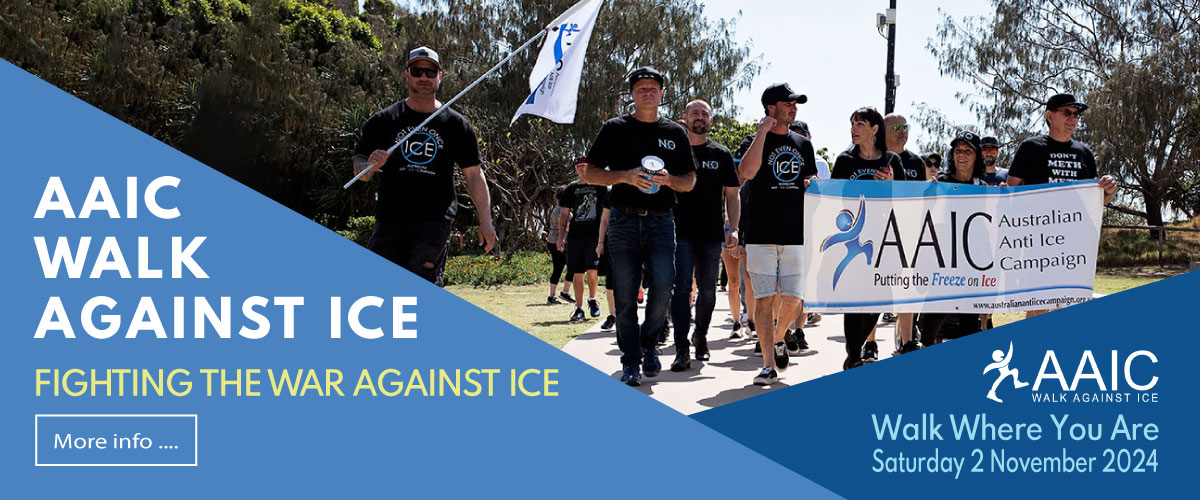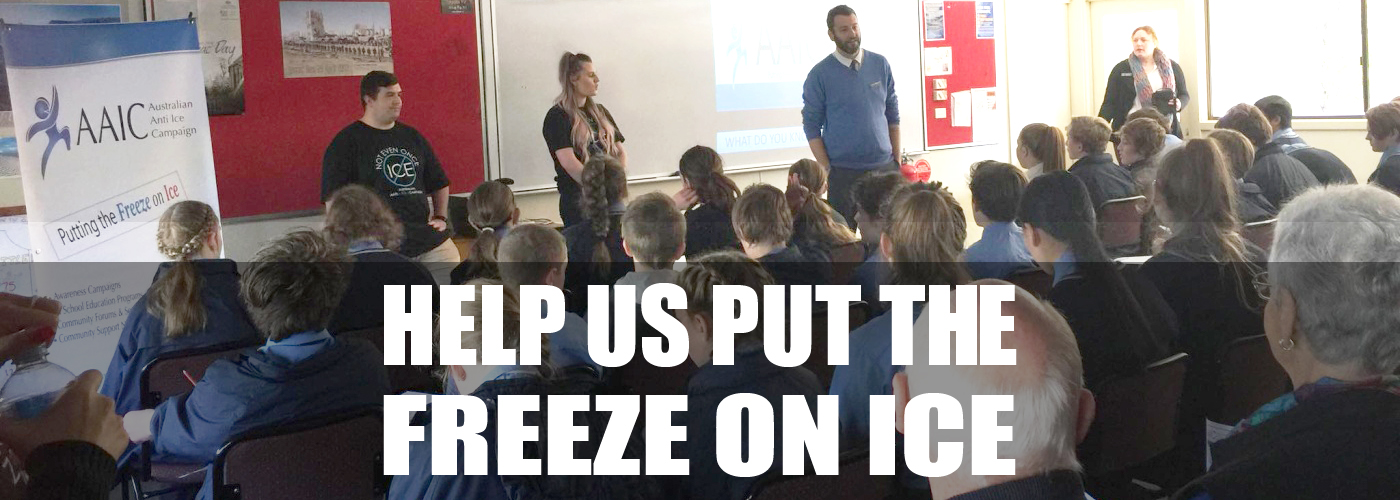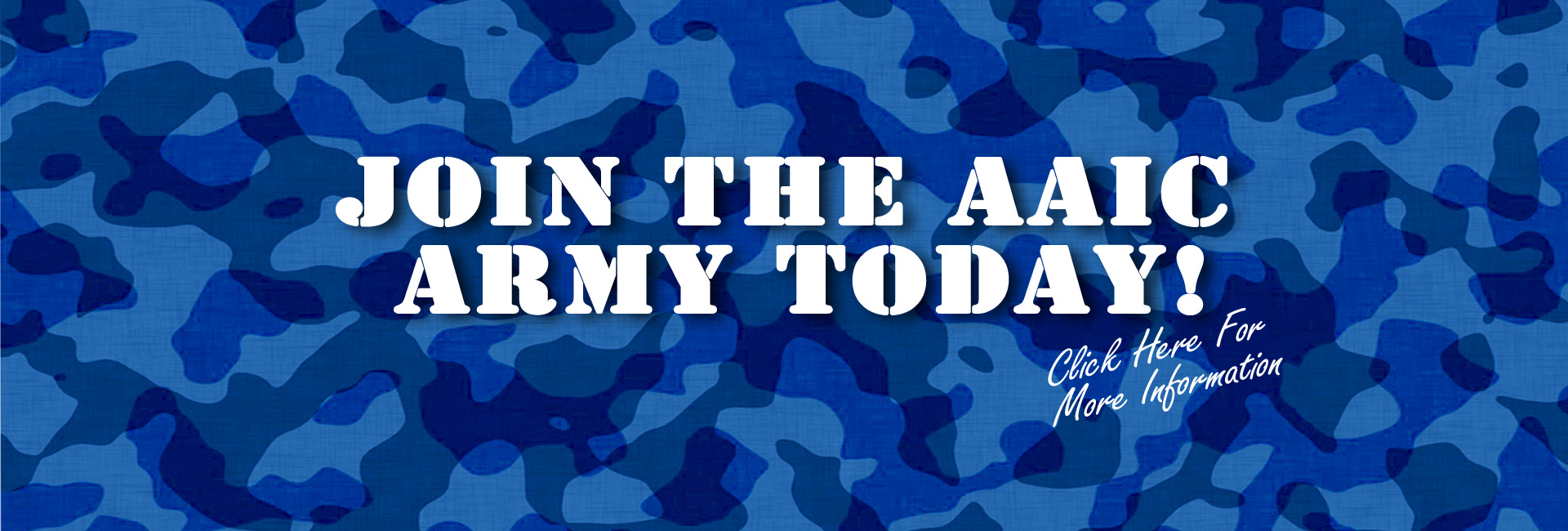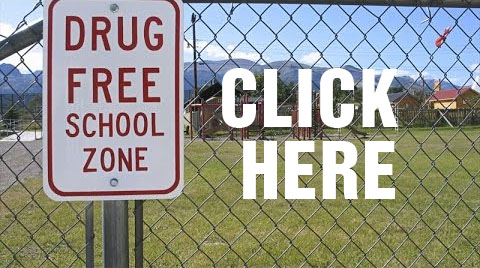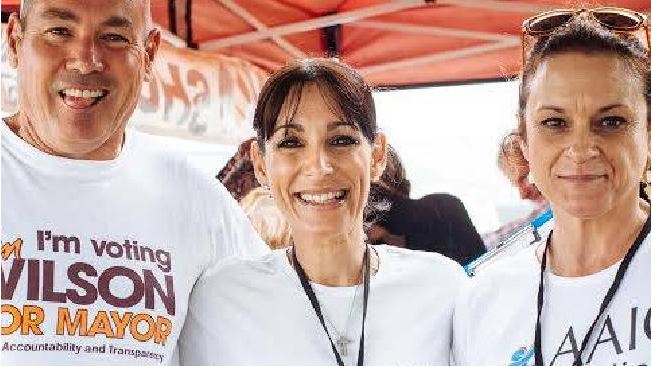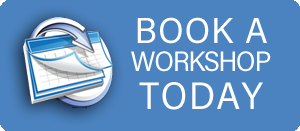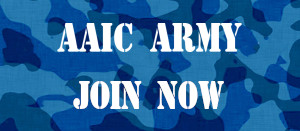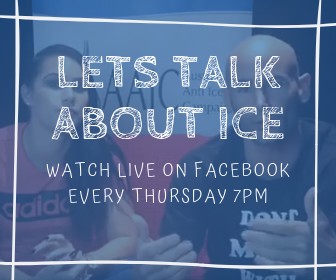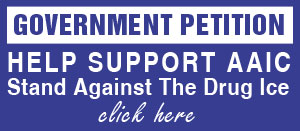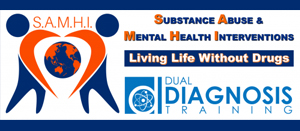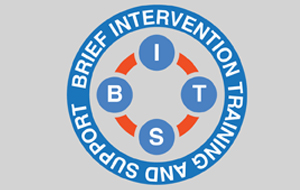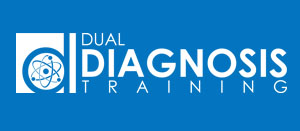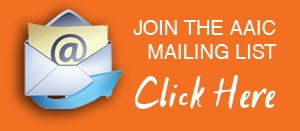Teenagers are growing up in an environment where the highly addictive and destructive Methamphetamine drug, ICE, is easily accessible and in arguably epidemic proportions, impacting on our police, ambulance, hospitals, detox, rehabilitation facilities and mental health workers, as reported in the media. Recent reports suggest that Ice dealers have resorted to giving away free “samples” to our vulnerable teenagers!
The rapid surge in teenage ICE users can be largely attributed to peer influence and ignorance of the dangers of trying Ice, even once. This drug is stealing, killing and destroying our youth. Young boys are being told that ICE will help them with ‘body sculpting’ while young girls are being told it will help them ‘lose weight rapidly’ and they are all being told that “trying ICE once or twice never hurt anybody”. All of these statements are lies!
The AAIC In-School Education Workshop Program provides students with a defence against these lies, by exposing ICE for what it really is, an insidiously poisonous chemical concoction that eventually, and often rapidly, destroys the physical and mental health of almost everyone who uses it, with the destruction of families and friendships, and often suicide, as the ultimate outcome.
The AAIC has secured the rights to adopt and implement the highly successful ‘Partnership for Drug Free Kids’ program, which includes a high impact prevention and awareness In-School Education Workshop Program. Click on the image below to see a concise seven and a half minute summary of how and why the AAIC has been formed.
Click on the image below to see a recent news.com.au report on the AAIC In-School Education Program.
Overview of In-School Education Workshop Program
The AAIC In-School Education Workshop Program consists of the following:
- One-hour interactive PowerPoint and video-based education workshop delivered to the students by an AAIC Presenter who has recovered from ICE addiction.
- Structured role plays to be followed up by the school within 48 hours of the In-School presentation.
- Training two people, usually School Counsellors or Chaplains, in each school to act as AAIC School Ambassadors within the school community.
- Participation in a national art competition with a Not Even Once theme.
The details of each of these components is set out below.
The In-School Education Workshops comprise of a 60-minute interactive workshop delivering information relating to the following:
- The short and long term effects associated with ICE use;
- The danger and toxicity of the ingredients in ICE;
- The mechanism of ICE addiction;
- The effects on the brain, body, relationships and community;
- The risks of trying ICE even once;
- Communicating the risks of ICE to their peers and to take action to prevent use.
These workshop lessons employ four Central Instructional Strategies based on the Meth Project:
- ‘What Do You Know’ Worksheet: Six statements to engage students/public and get them to think about what they know about Ice.
- Interactive Content: Interactive facts, personal stories, and videos to present information from a variety of perspectives.
- Discussion Questions: Open-ended and specific questions spur discussion.
- Peer Engagement and Advocacy: Exercises designed to equip the community and or students with information and tools to take action and influence their peers.
The In-School Education Workshop is delivered in an interactive format so that the students are able to communicate openly with and ask questions of the presenter. To keep the workshop consistent, the presenter uses a standardised PowerPoint and video presentation, which can be paused at any time to answer a student’s question.
- Workshop Pricing on request
- Training for up to 60 Students
- Printed Material and Pocket Cards Supplied.
Employing People who have recovered from Ice addiction as Education Workshop Presenters
Whilst the Montana Meth Project was delivered in schools by teachers, the same educational content has been, and will continue to be delivered to Australian secondary school students by people who have recovered from ICE addiction, including survivors like Andréa Simmons.
These Workshop Presenters can graphically convey the harsh reality of ICE addiction. They are not a school teacher delivering just another one in a long line of drug education lessons. When a student asks “what about my mate who reckons that trying ICE a few times never hurt anyone”, our Education Workshop Presenters are uniquely positioned to break through that peer influence with total honesty from personal experience.
In addition, the program gives the AAIC’s Education Workshop Presenters an opportunity to make something positive out of their ICE trauma, to help others to avoid going down that path themselves and perhaps most importantly, to assist in their own ongoing rehabilitation.
The prospect of future fulfilling employment may also serve as a valuable incentive for people trying to enter or get through the long and arduous detoxification and rehabilitation process. All workshop presenters undergo intensive screening and induction procedures with the AAIC. Presenters will also:
- Provide evidence to prove that they have been drug free and rehabilitated for a period of at least 12 months.
- Undergo police checks and Working with Children Check (Blue Card) accreditation.
- Undergo Dual Diagnosis training to equip them to provide brief and early intervention with any student or member of the public who may approach them with an ICE or other drug related problem in their family or social group.
Training AAIC School Ambassadors
The AAIC will train a team of School Ambassadors, usually comprising of school chaplains, counsellors and guidance officers, to become AAIC Ambassadors to promote our programs within their local school community.
These School Ambassadors will undertake an intense two-day Dual Diagnosis Training Workshop, (Alcohol, Other Drugs & Mental Health) either by attending in person or by completing the same course online at their own speed and completing assessment tasks for each module.
This course is accredited by TAFE Queensland as meeting some of the Alcohol or Other Drugs and Mental Health modules required for a Certificate IV or Diploma in Alcohol and Other Drugs. The Dual Diagnosis Training can then be included in an application for a full Certificate IV Qualification, either by combining their Dual Diagnosis Training with work placement and/or by completing further modules online through TAFE Queensland.
This Dual Diagnosis Training will help to equip Ambassadors to:
- Deliver ongoing education and prevention strategies within their community, with resources, backup and assistance provided by the AAIC on an ongoing basis.
- Provide a brief and early intervention program to people who are addicted to drugs and support for their families.
- Establish Family Support Groups (with the AAIC’s assistance) for loved ones of people who are addicted to, or trying to get off drugs.
- Provide a direct link to support services for anyone in need.
The key to the AAIC Ambassadors Program is to get people on the ground now to provide a first line of defence for our teenagers, and to leave behind something that is sustainable and ongoing in each community.
Dual Diagnosis training fills an important gap in that it provides people with the opportunity to become active and effective in the fight against ICE, without having to outlay the money (around $4,000) or the time (around 18 months) to get a full Certificate IV Qualification.
The situation which we are confronted with requires people on the ground in local communities now, with the basic training and the ongoing support to actually make a difference.
As the AAIC’s current Clinical Services Coordinator, George Patriki brings over 40 years of practical and clinical experience to the AAIC. George is also the founder of Optimal Health Group and, through this organisation, has delivered Dual Diagnosis Training to over 2,000 individuals from numerous government and non-government agencies all around Australia.
A full overview of Optimal Health Group’s Dual Diagnosis Training can be found at www.dualdiagnosistraining.com. The cost of Dual Diagnosis Training is $145 per participant. The AAIC, through its partnership with Optimal Health Group, will make this Dual Diagnosis Training available online and at a low cost ($145) for selected Strategic Partners, including any school or registered sporting club in Australia.
PHASE 2 - 2017
National Art Competition
Following the successful Montana Meth model, the AAIC is implementing a schools-based art competition. The Montana Meth Project competition branded ‘Paint the State’ is well described in the following Wikipedia extract:
”Paint the State is a public art competition initiated by The Meth Project. The large-scale community action program, launched in Montana and Idaho in 2010, empowers teenagers to create artwork with a strong anti-Meth message that is clearly visible to the general public. Contestants are asked to use the Meth Project’s “Meth: Not Even Once” tagline, logo or any other anti-Meth theme, to create art of any style and medium. The current 2010 campaigns are modelled after Montana’s largely successful Paint the State 2006 contest, which inspired art from every Paint the State the largest public art contest in history. Entries in 2006 featured 12 languages, 47 art vehicles, 78 T-shirts, over 380 banners and flags and even a painted sheep.”
The AAIC intends to replicate this promotion across Australia, branded ‘Paint the Nation’ with the clear objective of eclipsing Montana to take the title as “the largest public art contest in history”.
There will be regional, state / territory and national prizes offered in six different categories:
1. Art piece smaller than one meter in height;
2. Art piece larger than one meter in height;
3. Digital art piece;
4. Sculpture;
5. Musical performance
6. Film.
The AAIC will also arrange, in conjunction with our strategic partners Rotary International and the Chamber of Commerce, for a public display of selected entries from schools in each local government area, at the town hall or other similar venue, towards the end of the competition period as part of the judging process.
Media Links

8 April 2015
Gold Coast drug rehabilitation centres seeing a surge in ice users at their facilities

13 June 2015
Ice addicts as young as 10 being used by Gold Coast crims to commit crimes

31 August 2015
Gold Coast cops brace for ‘ice age’

October 10 2015
Gold Coast hospital forced into lockdowns as ice addicts get their fix on nearby streets

May 21 2016
Ice users turning to GHB fuels resurgence on Gold Coast: Police

May 25 2016
Junkie Gold Coast parents send kids as young as seven off to dealer to pick up their ‘medicine’

